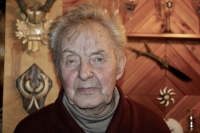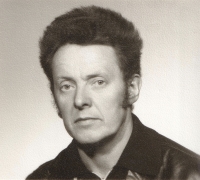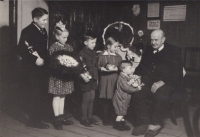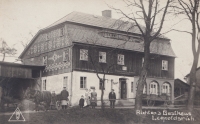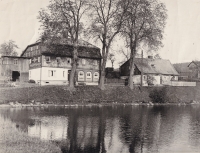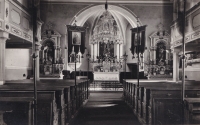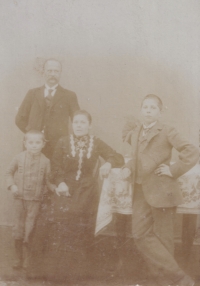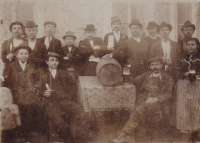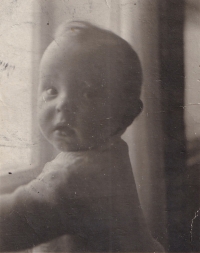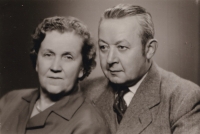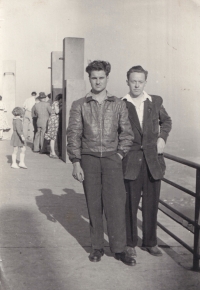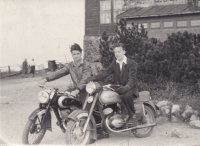They took my sister’s doll, I saw a bloke wear dad’s clothes
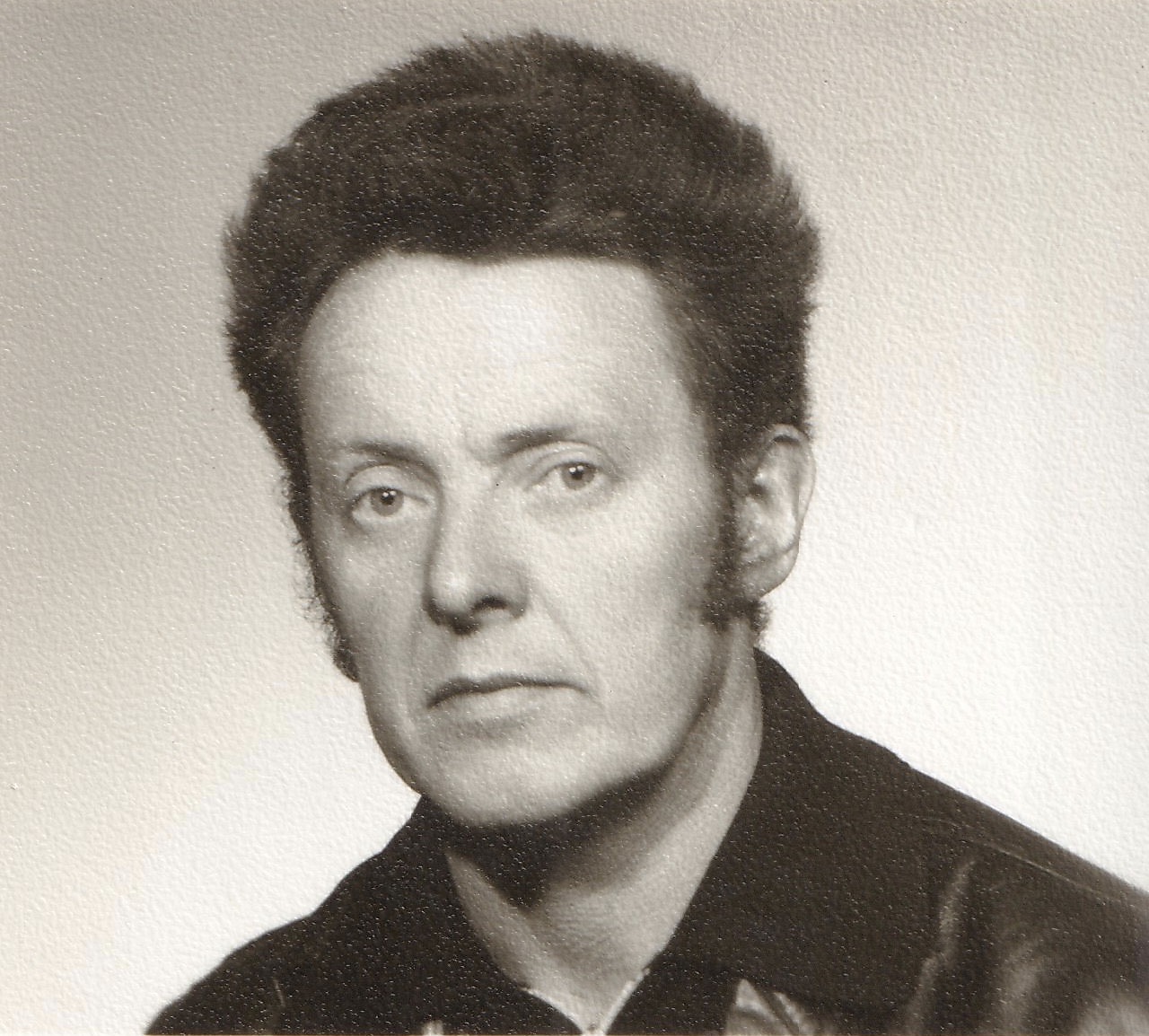
Stáhnout obrázek
Waldemar Richter was born on the 6th of January in 1936 in Velký Šenov. After the end of WWII, the German speaking Richter family were assigned for expulsion from Czechoslovakia but meantime, father of the family returned as a former prisoner of war and got a job in the local factory. Due to this, the Richter family was allowed to stay. Their lives were not easy, though, nobody spoke a single word of Czech language, they had decreased food rations and there were animosities from the Czechs. After finishing basic school, Waldemar wished to become a forester but at that time, he had no nationality and due to the family background, he would not get to any school anyway. He thuis apprenticed as a cabinet maker and worked as an unqualified worker. In 1956, he had to serve in the army in the work units where he had to do all sorts of odd jobs including farm work and livestock care. Later, he got a job as an excavator operator and then he worked in a stone quarry until his retirement. In 2022, he lived in Velký Šenov.
